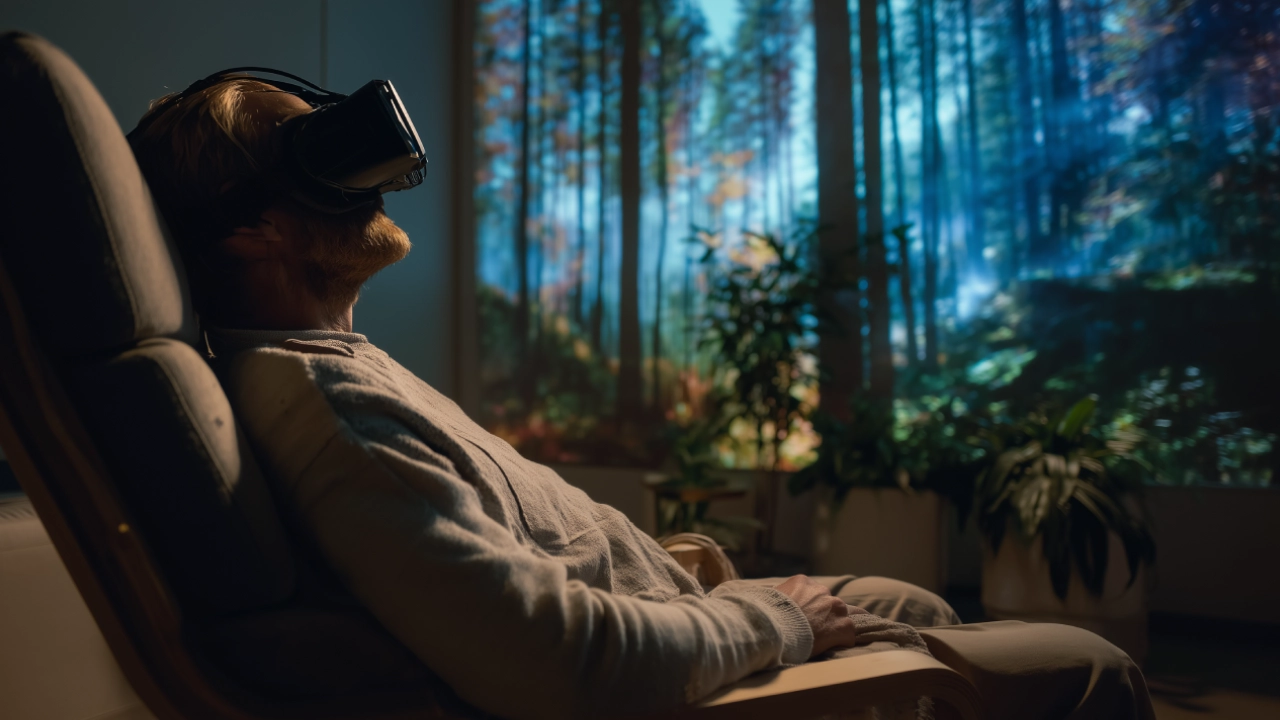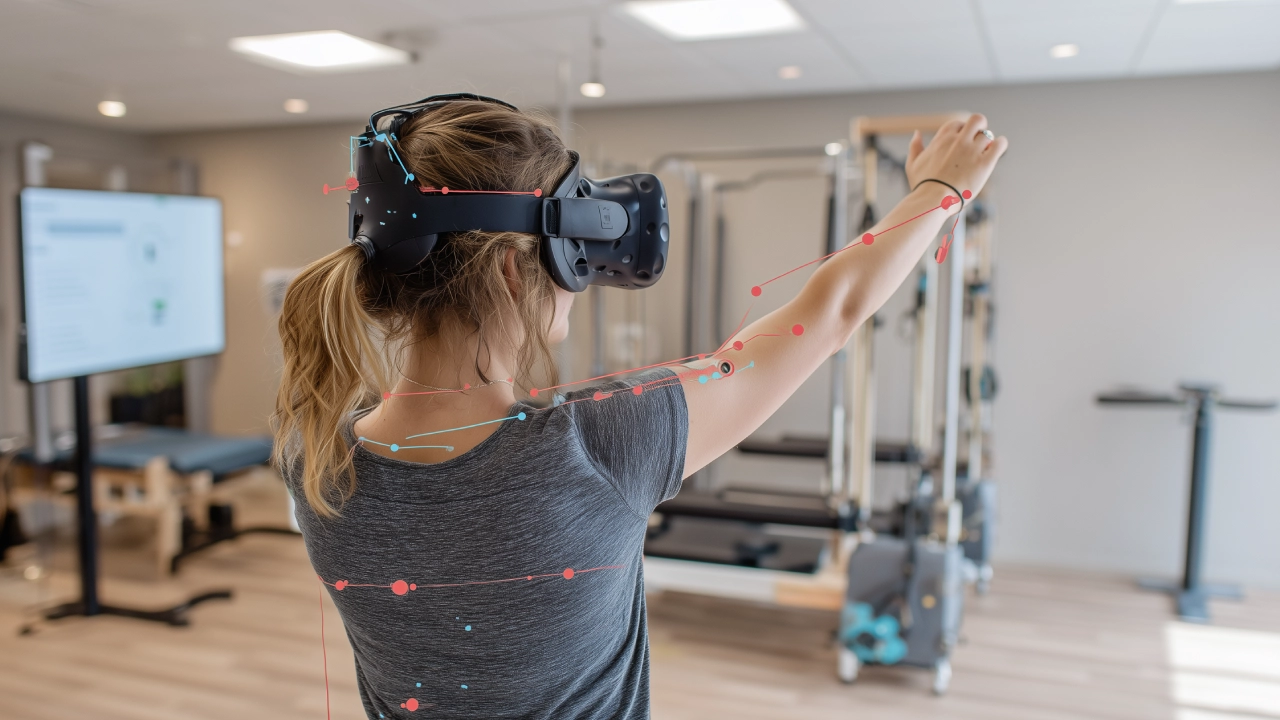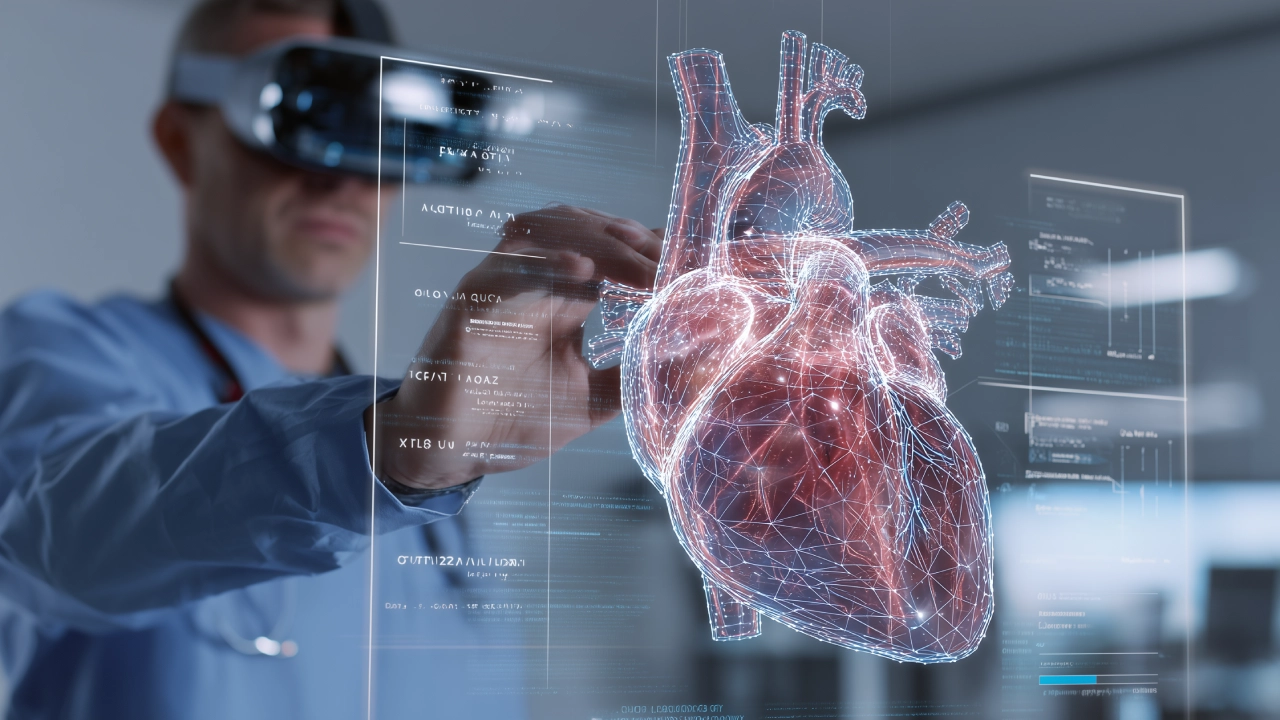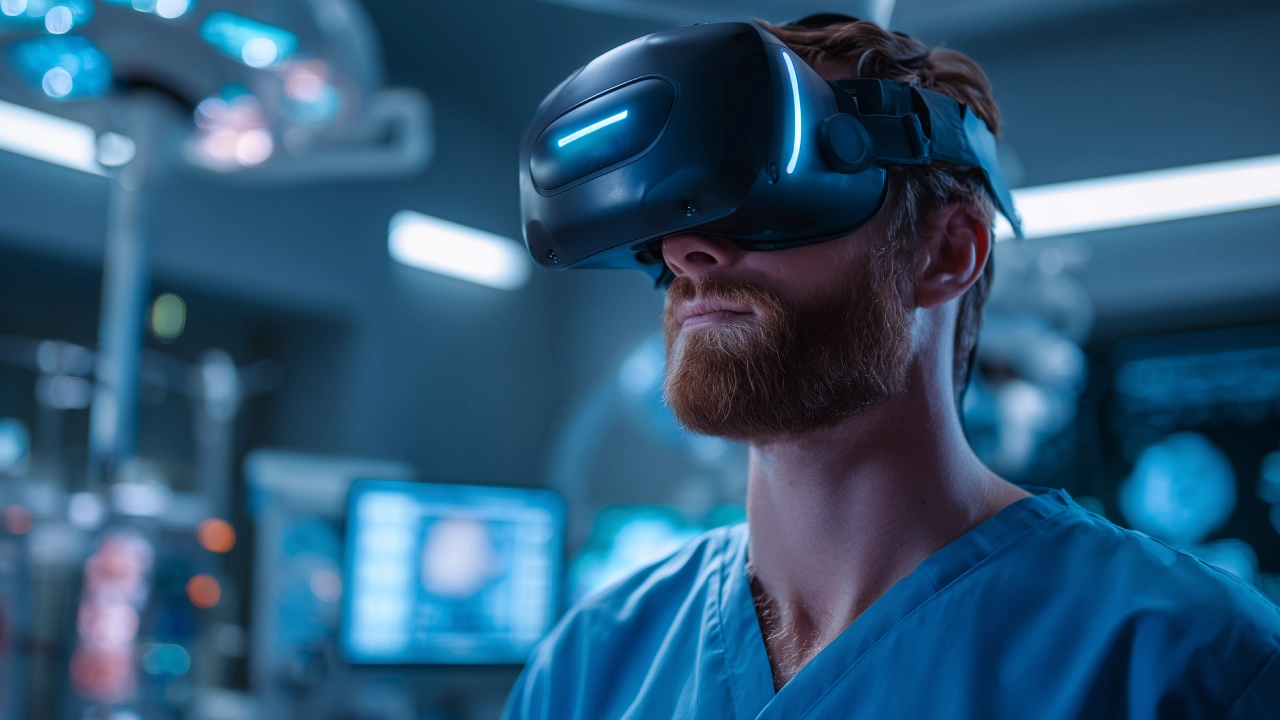Virtual Reality (VR) is making a difference in the healthcare sector. It is no longer just an entertainment tool: it has become a key ally in improving medical training, surgical planning, rehabilitation and patient experience.
Thanks to fully immersive simulated environments, it is possible to recreate complex clinical situations, train surgical skills without risk, prepare interventions with precision or reduce patient anxiety during treatments. All this without leaving the office, the classroom or the hospital.
At DeuSens we develop Virtual Reality solutions for medicine that combine technical precision, realism and ease of use, aimed at generating a real impact on the quality of care and the preparation of healthcare personnel.
Benefits of Virtual Reality in the medical field
Implementing VR experiences in clinical settings brings tangible and measurable improvements:
- Risk-free medical training: professionals can practice procedures in simulated environments as many times as they wish.
- Improved knowledge retention: immersive content improves concentration and understanding of complex concepts.
- Advanced surgical planning: specific organs, structures and scenarios can be visualized in 3D before operating.
- Improved patient experience: reduced stress and pain perception in treatments or therapies.
- More effective rehabilitation: the use of VR for physiotherapy or mental health makes the process more motivating and personalized.
GET STARTED TODAY! Contact us for a free demonstration of how VR can transform your industrial enterprise.
Contact us
Practical applications of Virtual Reality in medicine
The possibilities for VR in the medical sector are as broad as they are specialized. Some of the most prominent include:
- Clinical and surgical simulators: to train techniques, decisions and surgical times in controlled environments.
- Immersive therapies for mental health: reduction of phobias, anxiety or chronic pain through guided virtual environments.
- Gamified physical rehabilitation: personalized programs that motivate the patient in the recovery process.
- 3D anatomy visualization: ideal for teaching, patient consultation or preoperative planning.
- Virtual companionship for children or the elderly: relaxing or didactic environments that reduce stress in hospital environments.
SUCCESS CASE: Discover how to enter the healthcare of the future by applying Virtual Reality solutions.
Consult us now
Technologies and tools used
To develop effective and safe medical VR experiences, we use the following tools and platforms:
- Custom clinical simulators in Unity and Unreal Engine
- VR systems with devices such as Meta Quest, HTC Vive or Pico
- Integration with 3D anatomy models, scanners or medical software (DICOM)
- Tracking systems, haptic feedback and performance analysis
- Easy-to-use interfaces for medical centers, universities or laboratories
EQUIPMENT AND SOFTWARE: Contact us to know the best technological options adapted to your needs.
More information
The future of Virtual Reality in medicine
Virtual Reality is consolidating its position as a key tool in the medicine of the future. The combination with technologies such as artificial intelligence, machine learning and biofeedback will make it possible to create increasingly personalized, predictive and effective experiences.
Medical training will become more accessible and safer, therapies more humane and tailored, and surgical treatment planning more precise than ever. In the coming years, we will see VR integrated as a mainstream tool in hospitals, universities and practices around the world.
PREPARE FOR THE FUTURE: Stay ahead of the curve with our Virtual Reality solutions for medicine and healthcare.
Contact us for more details
Frequently Asked Questions:
What is Virtual Reality in medicine?
It is a technology that allows the creation of immersive 3D environments in which professionals and patients can interact with medical simulations for training, therapeutic or clinical planning purposes.
What advantages does it have over other traditional methods?
It allows risk-free training, better understanding of complex concepts, patient motivation and time and cost reduction in processes such as rehabilitation or surgical planning.
Is special equipment required?
Yes, virtual reality glasses such as Meta Quest, HTC Vive or systems adapted to clinical environments are used. At DeuSens we develop solutions adapted to the client's environment.
Is it useful only for physicians?
No. It is also applied in nursing, psychology, physiotherapy, medical education or even to improve the patient's experience during certain types of procedures. Its uses are very wide and varied, being able to complement different areas.
What type of centers can implement these solutions?
Hospitals, private clinics, universities, simulation centers, medical startups or health professional training programs.
Conclusion:
Virtual Reality is no longer a promise but a real tool with a direct impact on medicine. Whether for training, treatment or humanization, its use makes a clear difference in the quality of care and healthcare innovation.
ACT NOW: Request a personalized demo and discover how to transform the way you teach, care or communicate.
Contact us for a free consultation









 RETURN
RETURN







